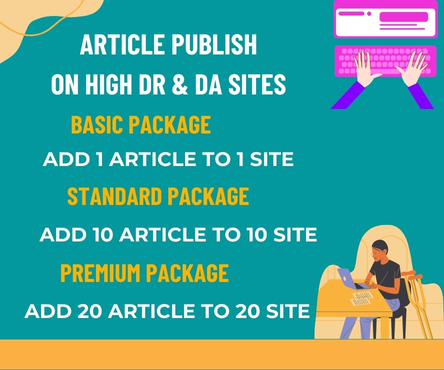Unexpected disasters might strike, leaving populations defenceless and in disorder. Although we have no control over the where or when of these occurrences, we do have influence over how prepared we are. Being prepared for emergencies is a duty that can have a big impact on how unanticipated circumstances turn out. It’s not just a decision. These are three strong arguments for the need of disaster preparedness . For more details, please click here For more details, please click here prep4disaster.com
- Readiness for Lifesaving:
The ability to save lives is one of the most important justifications for being prepared for disasters. Natural catastrophes like hurricanes, floods, wildfires, and earthquakes can cause extensive damage and endanger people’s safety. A well-thought-out emergency plan guarantees that individuals are aware of what to do in the event of a calamity. This entails being aware of escape routes, keeping emergency supply packs on hand, and being able to speak with loved ones. Making these precautions can mean the difference between life and death in the chaotic aftermath of a calamity.
Furthermore, community-wide preparedness programmes, such as public awareness campaigns and drills, can greatly improve the overall reaction to catastrophes. Emergency services can respond to urgent needs, coordinate rescue efforts, and allocate resources more effectively when people and communities are well-prepared. In the end, being proactive in your disaster preparedness minimises casualties and injuries by laying the groundwork for a quicker, more efficient response.
- Safeguarding Assets and Infrastructure:
In addition to endangering life, disasters cause extensive damage to property and infrastructure. Sufficient disaster readiness protocols can aid in preserving residences, commercial establishments, and vital infrastructure. To lessen the effects of disasters, for example, structures in earthquake-prone locations can be strengthened, and flood-resistant construction methods can be used.
- Resilience and Recovery in the Community:
Being ready for a disaster involves more than just reacting to dangers as they arise. It also entails creating resilient communities that can rebuild and recover after one. Communities that make preparations for disasters are better able to weather hardships. The development of local support networks, training initiatives, and community involvement all help to promote this resilience.
Additionally, prepared communities frequently have established communication routes that make information sharing easier in an emergency. In addition to helping with evacuation operations, this connection promotes a sense of solidarity and motivates people to help one another through trying circumstances.
To sum up, disaster preparedness is a complex process that involves more than just foreseeing possible threats. It is an oath to protect people, things, and the fundamental foundation of communities. Making preparedness a top priority helps people and societies deal more resiliently with the unpredictability of disasters, providing a safer and more secure future for everybody.

